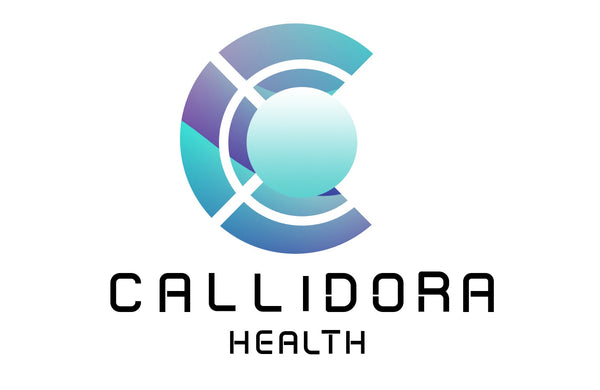At Callidora Home Physiotherapy, we’re embracing this cutting-edge technology to bring a more immersive, effective, and engaging experience to our patients. Here’s how moving with VR can revolutionise your physiotherapy journey and help you recover faster, with greater ease and convenience.
What is VR in Physiotherapy?
Virtual Reality in physiotherapy involves using VR technology to create virtual environments where patients can perform rehabilitation exercises. These virtual settings simulate real-world scenarios, making physical therapy both engaging and tailored to the patient’s needs. Through VR, patients can work on strengthening muscles, improving mobility, and recovering from injuries, all while being in the comfort of their own home.
How VR Enhances Home Physiotherapy
-
Personalised Treatment Plans: Traditional physiotherapy often requires patients to follow a generic set of exercises, but VR technology allows physiotherapists to create highly personalised rehabilitation programs. These programs can be adjusted based on the patient's progress, providing real-time feedback to ensure optimal results.
-
Increased Motivation and Engagement: One of the biggest challenges in home physiotherapy is keeping patients motivated. VR makes rehabilitation more fun and interactive by transforming exercises into games or immersive environments. Whether it’s practicing balance in a virtual park or performing strength training in a virtual gym, VR helps patients stay engaged and committed to their recovery.
-
Enhanced Mobility Tracking and Feedback: VR systems are equipped with sensors and motion-tracking capabilities, enabling precise tracking of a patient’s movements during exercises. This data can be analysed by physiotherapists to fine-tune exercises, ensuring the patient is performing movements correctly and safely. Immediate feedback helps prevent improper movements that could hinder recovery.
-
Convenient and Accessible: With Callidora Home Physiotherapy, patients can access VR-based treatments from the comfort of their own homes, eliminating the need for frequent visits to a clinic. This makes physiotherapy more accessible for those with mobility issues, busy schedules, or who live in remote areas.
-
Accelerated Recovery: The immersive nature of VR can make rehabilitation feel less like a chore and more like an enjoyable experience, leading to faster progress. By continuously stimulating both the mind and body, patients are more likely to stick with their therapy plan, which can result in quicker recovery times.
The Future of VR in Physiotherapy
As VR technology continues to evolve, so too will its potential in physiotherapy. We expect to see even more sophisticated programs that incorporate artificial intelligence (AI), allowing for even more personalised care. These advancements could bring about virtual physiotherapy sessions with real-time expert guidance, further reducing the need for in-person appointments.
